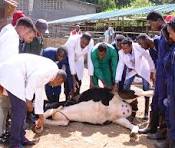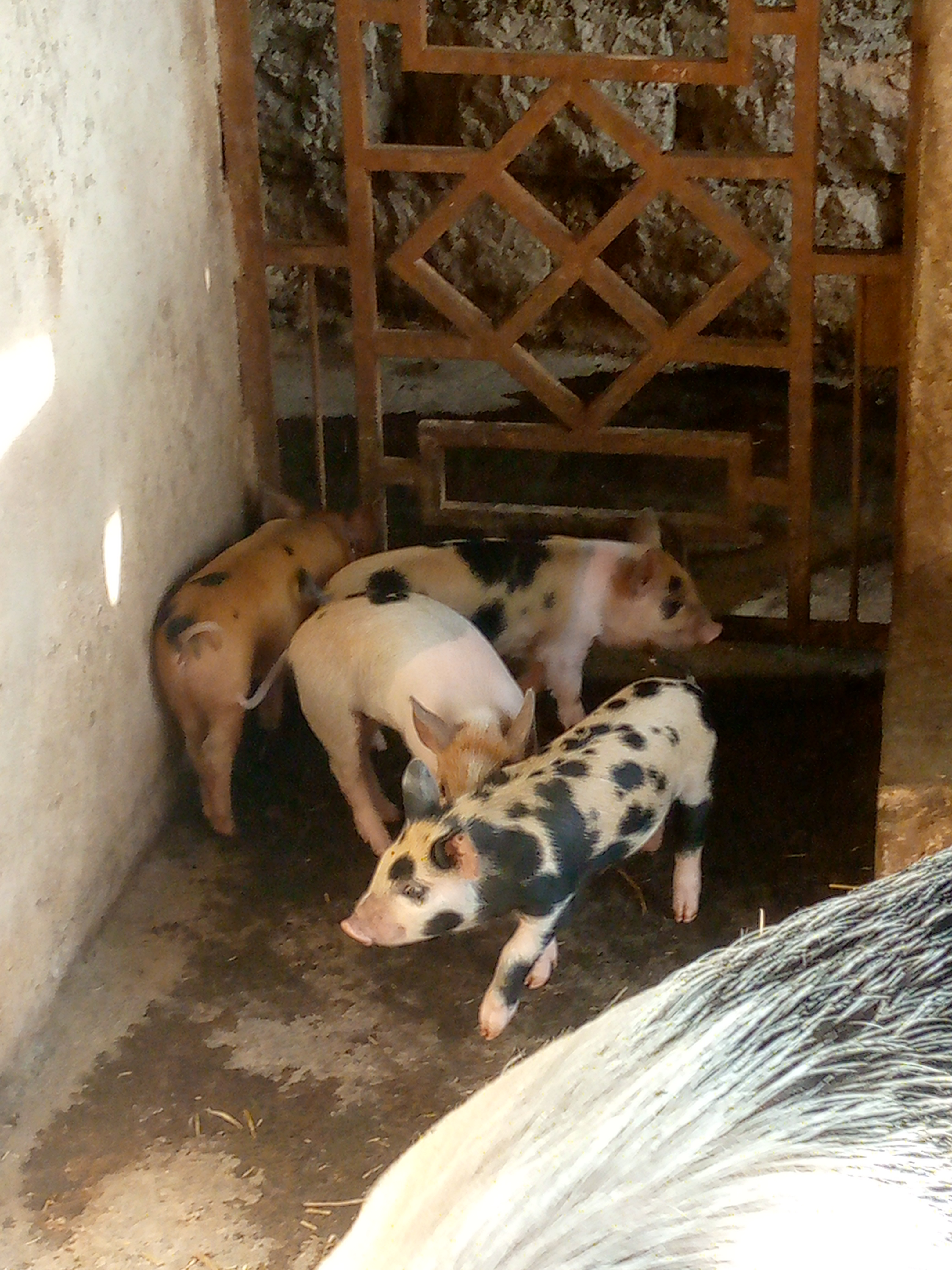
provides knowledge and practical skills in modern livestock management, covering essential areas like nutrition, breeding, health, and environmental sustainability to optimize animal productivity and contribute to food security.
- Teacher: Admin User
Moodle is an open-source Learning Management System (LMS) that provides educators with the tools and features to create and manage online courses. It allows educators to organize course materials, create quizzes and assignments, host discussion forums, and track student progress. Moodle is highly flexible and can be customized to meet the specific needs of different institutions and learning environments.
Moodle supports both synchronous and asynchronous learning environments, enabling educators to host live webinars, video conferences, and chat sessions, as well as providing a variety of tools that support self-paced learning, including videos, interactive quizzes, and discussion forums. The platform also integrates with other tools and systems, such as Google Apps and plagiarism detection software, to provide a seamless learning experience.
Moodle is widely used in educational institutions, including universities, K-12 schools, and corporate training programs. It is well-suited to online and blended learning environments and distance education programs. Additionally, Moodle's accessibility features make it a popular choice for learners with disabilities, ensuring that courses are inclusive and accessible to all learners.
The Moodle community is an active group of users, developers, and educators who contribute to the platform's development and improvement. The community provides support, resources, and documentation for users, as well as a forum for sharing ideas and best practices. Moodle releases regular updates and improvements, ensuring that the platform remains up-to-date with the latest technologies and best practices.
Links of interest:

provides knowledge and practical skills in modern livestock management, covering essential areas like nutrition, breeding, health, and environmental sustainability to optimize animal productivity and contribute to food security.

General agriculture refers to the broad field of science and practice that involves the cultivation of crops and the rearing of animals for food, fiber, fuel, and other products used to sustain and enhance human life. It combines various disciplines including agronomy, horticulture, animal husbandry, soil science, agricultural economics, and farm management.
The main components of general agriculture include:

This course provides learners with essential knowladge and skills in sustainable crop and animal production.Key areas include soil management,farm planning,pest control and agribusiness. The course combines theory with practical fieldwork to prepare students for agricultural careers.